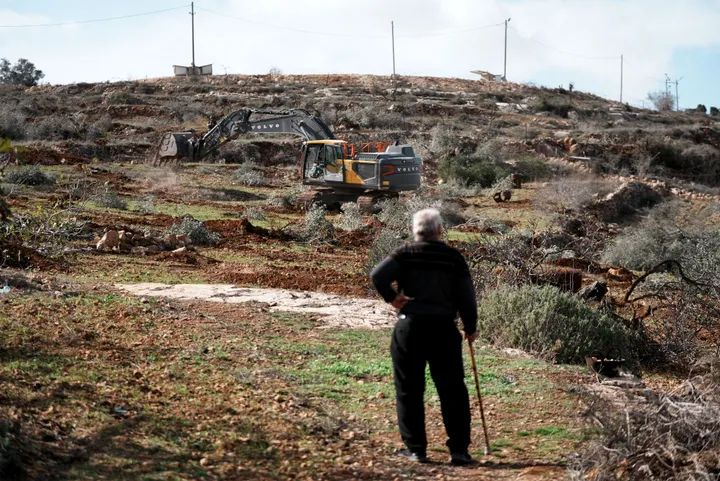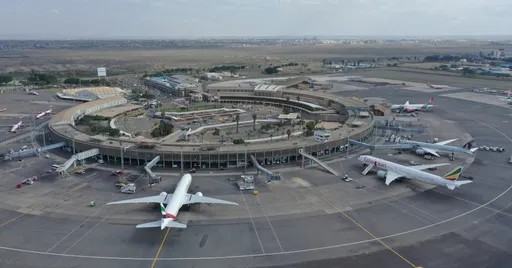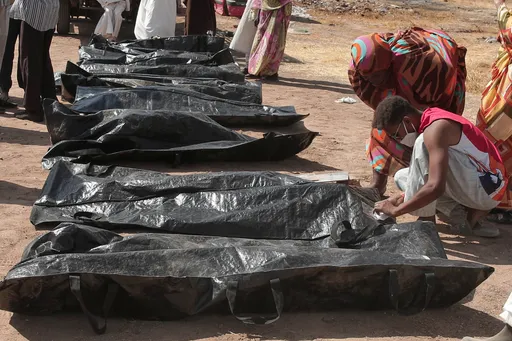By Abdulwasiu Hassan
The cocoa industry has been integral to Africa's agricultural landscape since the 19th century, particularly in West Africa and Cameroon.
During the colonial era, these regions began producing cocoa beans, which were then exported in their raw form for processing and value addition in other parts of the world.
Six decades after the end of colonialism, the dynamics of cocoa production in the region have remained largely unchanged. West Africa continues to be the primary cocoa grower, supplying most of the world's cocoa needs.
According to the International Cocoa Organisation's bulletin No. 4 on the 2022-2023 cocoa season, the African countries of Côte d'Ivoire, Ghana, Nigeria and Cameroon alone produced at least 73% of the world's cocoa.
Despite Africa being a cocoa hub, the region can garner only a tiny fraction of the earnings from the industry, according to experts.
As Abba Bello, managing director of the Nigerian Export-Import Bank, highlighted at the recent International Cocoa and Chocolate Forum in Abuja and Lagos, the cocoa industry — including beans, cake, and chocolate — is worth US $200 billion annually.
"Unfortunately, the entire West African cocoa-producing region (made up of Cote d’Ivoire, Ghana, Cameroon, and Nigeria) earns only $10 billion while accounting for about 70-75% of the global output," he said. Data from the International Trade Centre further illustrate this disparity.
Nigeria, which produced 208 MT of cocoa beans in 2021, only generated $628 million. In contrast, Germany, which doesn't produce cocoa beans, earned $57.3 billion from the export of cocoa products.
Key interventions
Multiple interventions and initiatives have been implemented to help Africa's farmers and cocoa-producing countries gain more from the beans they export.
For instance, cocoa marketing boards have been established in countries like Ghana and Nigeria to maximise the benefits of their produce.
In Nigeria, one of the more notable initiatives for the cocoa industry came decades ago when the country's Western Regional Government in Ibadan constructed the stately Cocoa House.
Commissioned in 1965, this building was the first skyscraper in West Africa and remained the tallest building in Nigeria until 1979.
Driven by the need to derive more value from cocoa, countries in the region have also launched platforms like the Côte d'Ivoire-Ghana Cocoa Initiative, a trade cartel set up by the two countries' presidents to raise bean prices. The initiative also aims to ensure that farmers receive a fairer share of the dividends from the crop.
The way forward
Overall, the challenge remains for Africa to have more than just a finger in the global cocoa pie in terms of revenue share. So, why does this hurdle look so challenging to surmount?
Dr Patrick Opoku Asuming, an economist and senior lecturer at the University of Ghana Business School, believes that the key to overcome this challenge lies in looking at the right place.
"There are a couple of things. I think the first one is that we still are not focusing on the higher value-chain end of the cocoa market," says Dr Asuming. He explains that the bulk of the cocoa is still exported abroad in raw or semi-processed form.
The countries that process it into final products like chocolate are the ones who reap the most benefits.
"Recently, we have seen Ghana and Côte d'Ivoire try to form a kind of cartel that hasn't done much. I think if we still focus on exporting raw cocoa beans, we will really not get much value," he explains to TRT Afrika.
Dr Asuming also suggests that African countries could benefit from intensifying research into how the pods of the cocoa trees can be used to make products like soap.
He is convinced that speedy implementation of the Africa Continental Free Trade Area would help, too, leading to more processing and consumption on the continent.
Most experts advise that for the continent to thrive in chocolate production and secure a larger slice of the earnings from the crop, it needs to ensure constant power supply and grow its dairy industry simultaneously.
Once all these mechanisms are in place, experts feel Africa will rightfully start to dominate the cocoa products market, which ironically is now the playground of non-cocoa-producing countries.
➤Click here to follow our WhatsApp channel for more stories.















.JPG?width=512&format=webp&quality=80)







